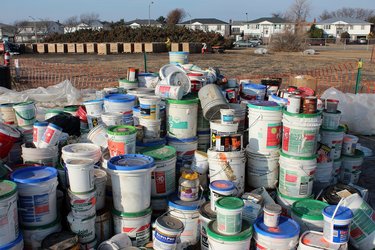Town of Guilderland pays $30K settlement, sets up reserves
GUILDERLAND — The town is looking to its future as the board, on Dec. 7, set up two new reserves — and paid a $30,000 settlement.
“Setting reserves is a better way to do it …,” said Supervisor Peter Barber. “It’s just prudent fiscal management.”
One of Guilderland’s two new reserves is an Employee Benefit Accrued Liability Reserve Fund to pay for a town worker’s unused sick leave, holiday leave, vacation leave, or time allowed in lieu of overtime pay when employees leave their jobs.
Such payments were formerly “best guesses” in the budget, said Barber, noting that sometimes people leave their jobs unexpectedly.
A second reserve is to pay for judgments and claims, to pay for all or part of judgments or settle claims against the town, according to a memo to Barber from Jessica Olszowy, Guilderland’s fiscal officer.
Barber credited Olszowy for the town “finally getting to it.”
He said Guilderland has had no claims against its police or highway departments in years.
At its Dec. 7 meeting, the board approved a $30,000 settlement with a Georgia company, involving improper disposal of hazardous waste.
“Right now, $30,000 was a manageable number,” said Barber, “but if it was $300,000, we’d have some serious discussion right now … The idea is to put money aside.”
The board unanimously authorized a $30,000 payment for a settlement between N.L. Bassford, Jr., key principal of N L Bassford Packaging Corp., located in Valdosta, Georgia, and the town.
The town’s attorney, James Melita, said that waste from Guilderland’s annual Hazardous Waste Day was trucked to a site in Georgia where it was not disposed of properly.
“It caught us off guard,” said Melita, who at first didn’t think the claim was legitimate.
“That case was very frustrating,” said Barber, explaining that the town runs the hazardous-waste-disposal program with the support of the state’s Department of Environmental Conservation.
“We can only use a certified contractor,” said Barber. “So we used that contractor and the contractor apparently did not dispose of the waste properly.” The DEC wouldn’t help out, saying, “It’s still your waste product,” Barber reported.
Melita said that the $30,000 settlement payment would protect the town.


